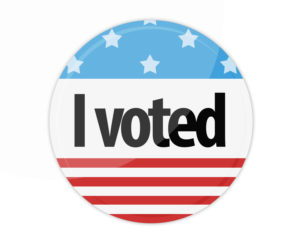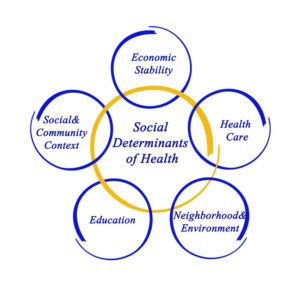June is Pride Month. In recent years, LGBTQ+ rights have come under attack. All this after the landmark Supreme Court decision in 2015 supporting marriage equality. These attacks are taking many forms – “Don’t Say Gay” bills in state legislatures, bans on drag queen story hours, protests and intimidation at events, bomb threats at children’s hospitals providing gender affirming care, and more.
“Don’t Say Gay” bills in state legislatures, bans on drag queen story hours, protests and intimidation at events, bomb threats at children’s hospitals providing gender affirming care, and more.
A March 7, 2023, piece in the Boston Globe by Renee Graham, “Understanding the intersectionality of hate”, begins by highlighting the number of bills pending in state legislatures. “The American Civil Liberties Union is tracking more than 380 anti-LGBTQ bills in nearly three dozen state legislatures, ranging from bans on gender-affirming care for trans youth to prohibiting classroom discussions about LGBTQ people or issues”.
In the face of these attacks and threats, and anti-LGBTQ+ legislation, allyship is more important than ever. Who doesn’t have a gay family member, friend, or colleague? Allyship is showing up and speaking up. There are many ways to do this as individuals and organizations, especially during Pride Month.
In 2015 I wrote a post titled “Marriage equality, it’s personal”. I talked about the experience of my aunt when her longtime partner was hospitalized in her final days and how my aunt was treated. That was 1990. We’ve come a long way in healthcare but need to continue these efforts given the strong anti-LGBTQ+ sentiments.
I’m proud to have worked at Boston Children’s Hospital in recent years. Despite bomb threats due to their gender affirming care program, they are not deterred from their ongoing commitment to providing comprehensive and affirming treatment for LGBTQ+ patients and families. They have been awarded the Healthcare Equality Index’s (HEI) Leadership Status every year since 2015. They provide LGBTQ+ patient and family centered care in four key areas: patient non-discrimination, equal visitation, employment non-discrimination, and training in LGBTQ+ patient and family centered care.
The HEI is the national LGBTQ+ benchmarking tool that evaluates healthcare facilities’ policies and practices related to the equity and inclusion of their LGBTQ+ patients, visitors, and employees. Nearly 500 healthcare facilities achieved the top score of 100 in 2022 and earned the LGBTQ+ Healthcare Equality Leader designation.
My 2015 blog also referenced this HEI designation. I was working at Michigan Medicine then and they too were recognized with HEI Leadership Status. I closed that blog hoping that in the coming years, thousands more healthcare organizations would receive this same designation. There is progress, but more is needed.
Resources:
National LGBTQIA+ Health Education Center – Ten Strategies for Creating Inclusive Health Care Environments for LGBTQIA+ People
Human Rights Campaign Foundation – Transgender-Affirming Hospital Policies









